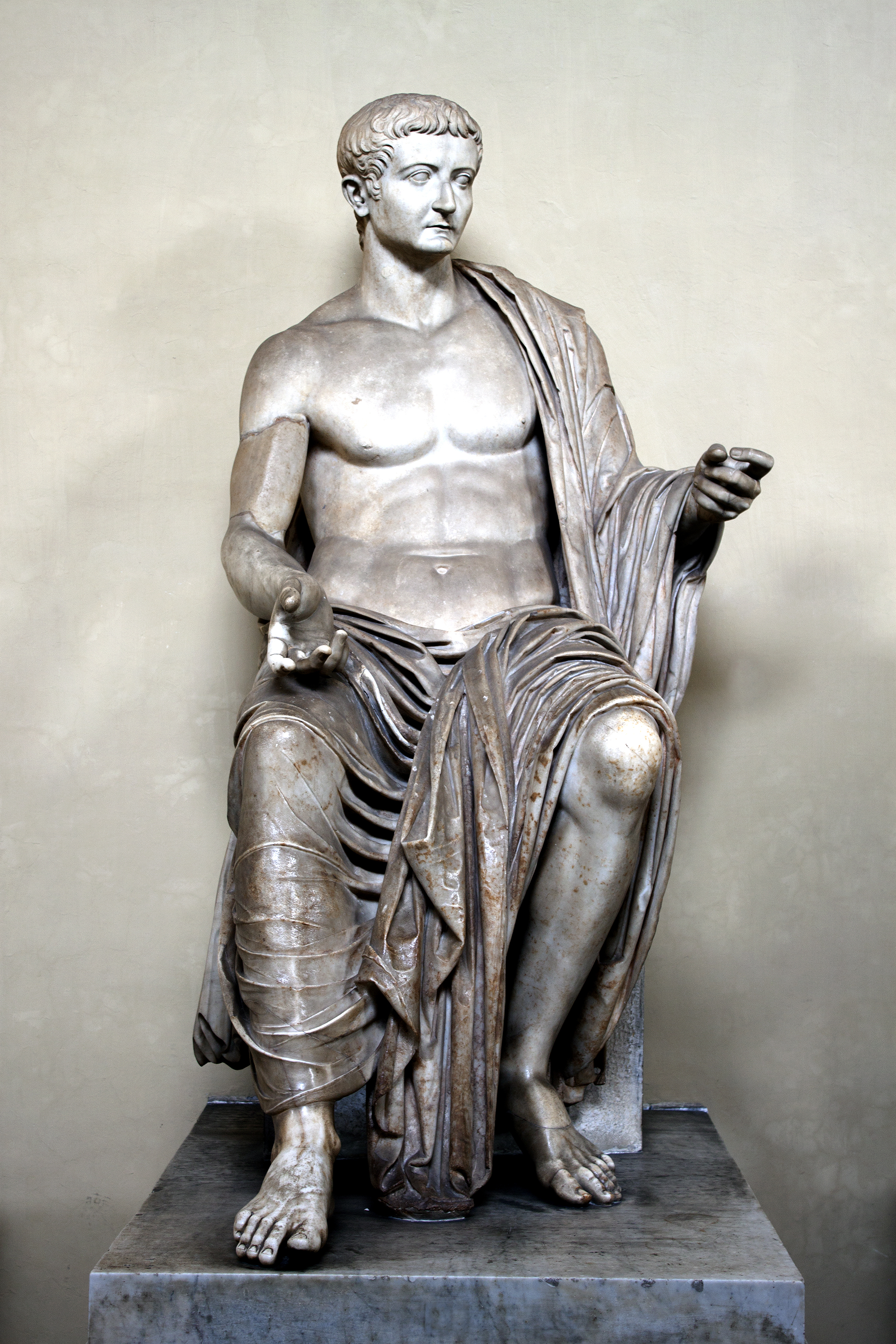Tiberius, << ty BEER ee uhs >> (42 B.C.-A.D. 37) was the emperor of Rome during the life of Jesus Christ. His full name was Tiberius Claudius Nero. The second emperor of Rome, Tiberius succeeded the emperor Augustus, who was Tiberius’s stepfather and adoptive father.

Tiberius was born on Nov. 16, 42 B.C., on the Italian island of Capri. He became a successful army commander for Augustus. The emperor forced Tiberius to divorce his wife and marry the emperor’s daughter, Julia. But Tiberius and Julia were unhappy, and he left her and went to live on the island of Rhodes. By A.D. 4, both of Augustus’s grandsons and Tiberius’s brother, Drusus Claudius, had died. Augustus then recalled Tiberius to Rome and made Tiberius his heir and successor. When Augustus died in A.D. 14, Tiberius became emperor.
Tiberius was a fine administrator. He carefully supervised tax collections and balanced the budget. He chose efficient governors for the provinces of Rome and maintained friendly relations with the neighboring kingdoms of Parthia and Armenia.
When Germanicus, Tiberius’s nephew and possible successor, died, his widow accused Tiberius of causing his death. Because of difficulties with the Senate, Tiberius retired to the island of Capri. He gave great power to Sejanus, the prefect (commander) of the Praetorian Guard (see Praetorian Guard ).
Tiberius became unpopular during his last years because of his poor relations with the Senate and because he failed to end widespread prosecutions for treason. But he left a peaceful and prosperous empire to his heir Caligula, a descendant of Augustus (see Caligula ). Tiberius died on March 16, A.D. 37.
